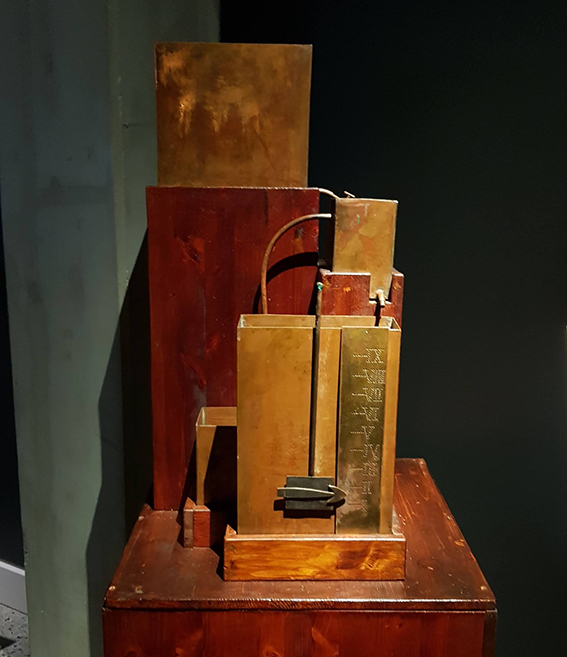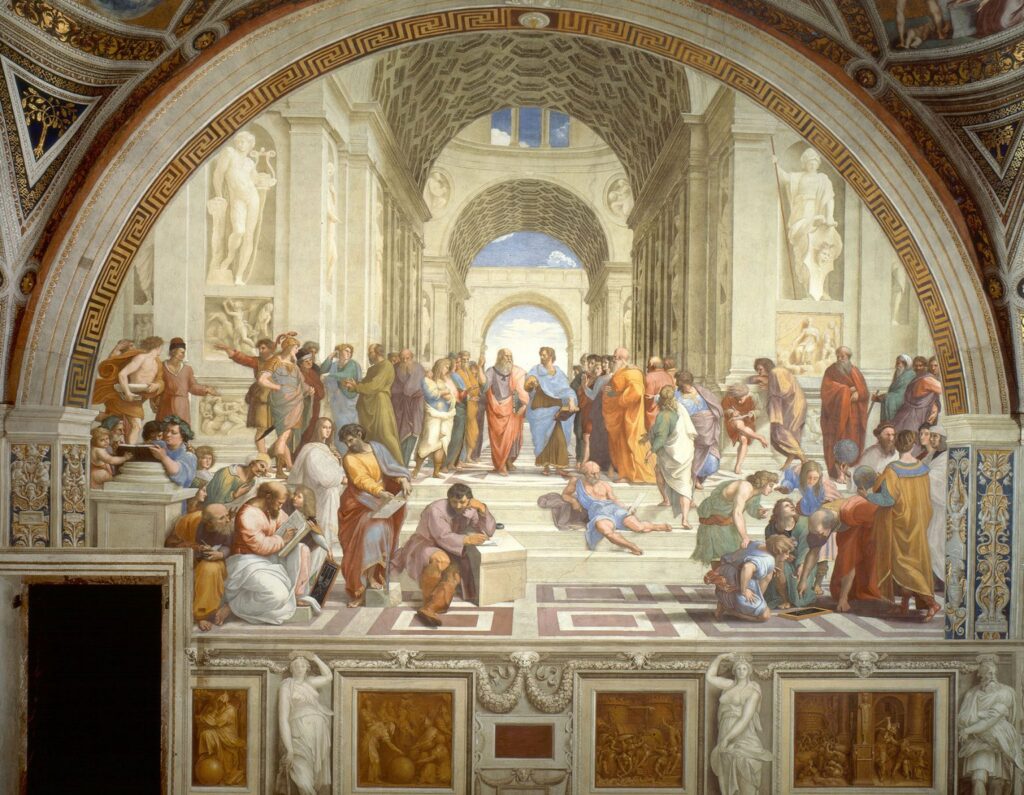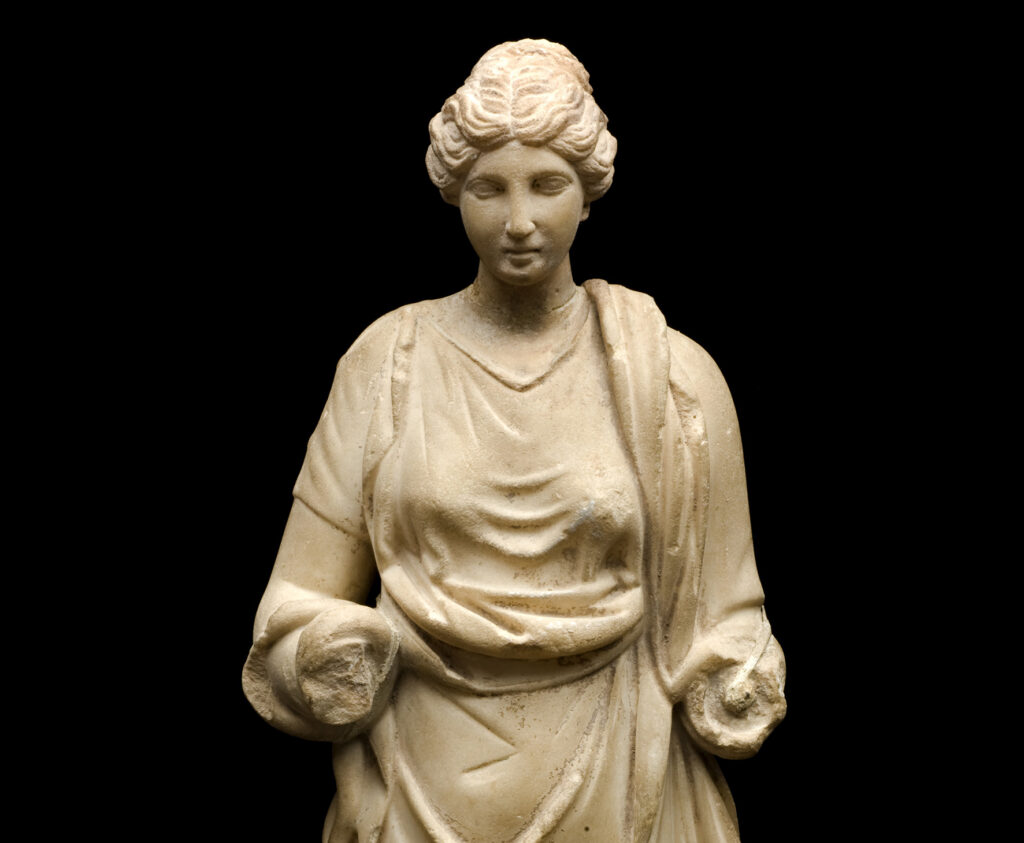As precise as a Roman water clock
The ancient Romans shaped the modern world as much through their way of thinking as through their military ambition, most notably their need for precision in all things. At night, when sundials were of no use, the Romans harnessed the power of water to measure time. On display in the exhibition, Ancient Rome: The Empire […]
As precise as a Roman water clock Read More »



